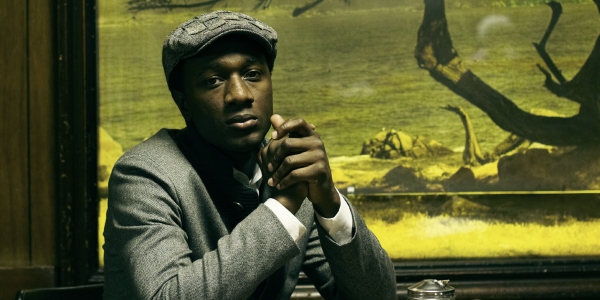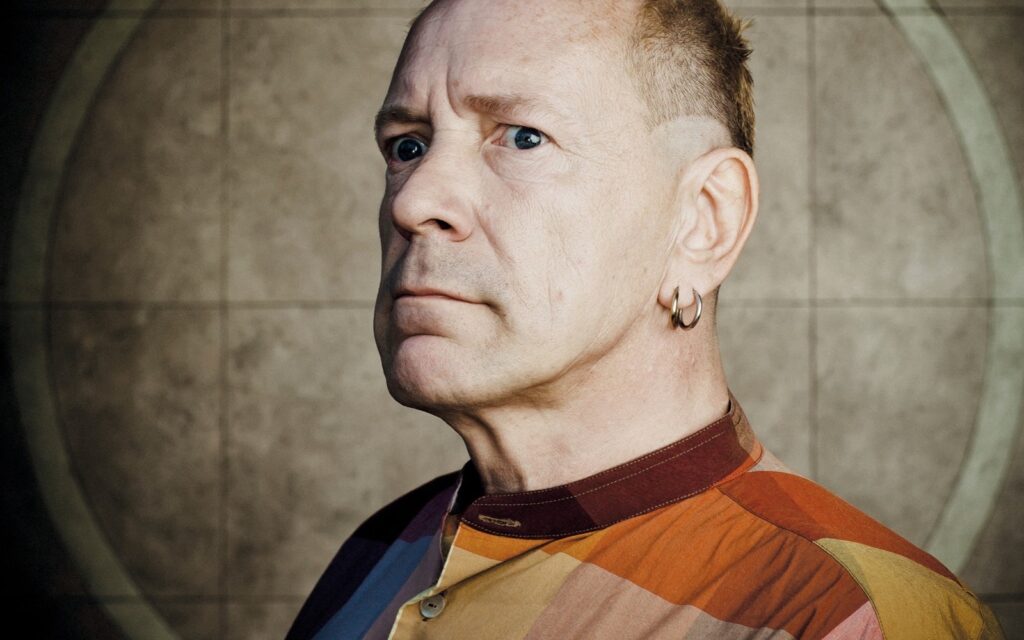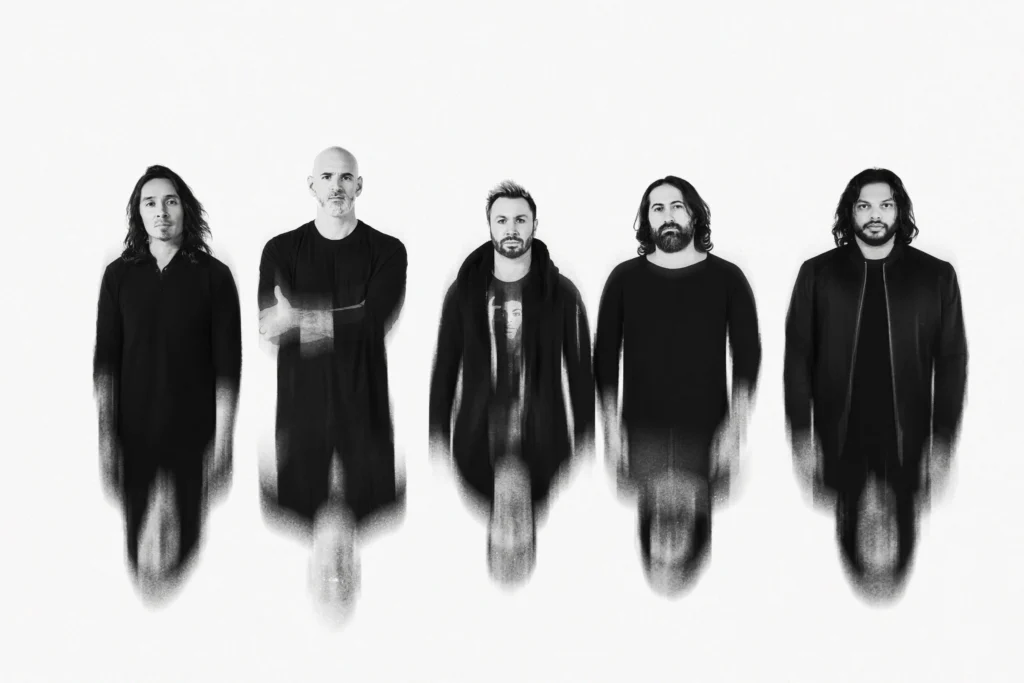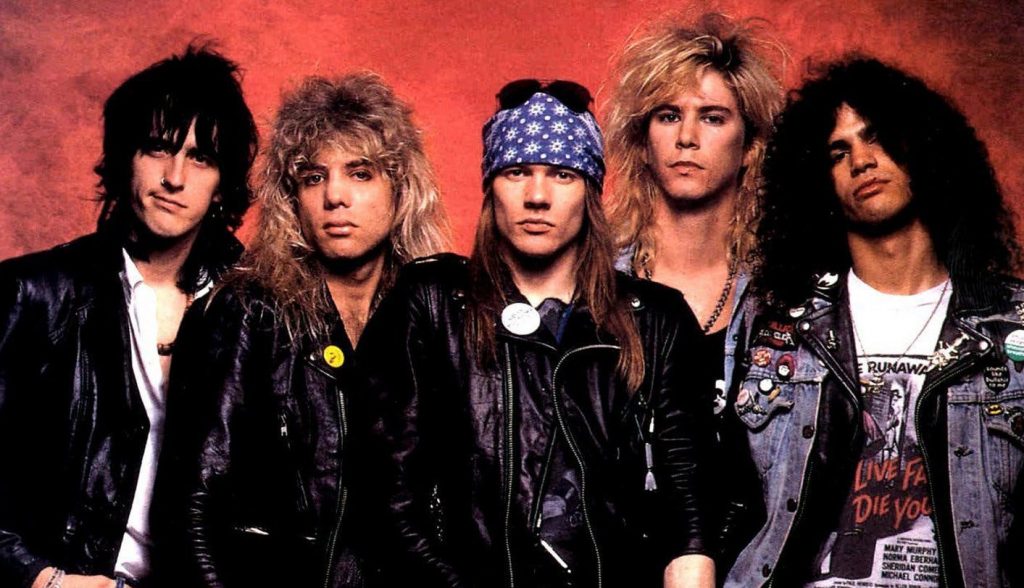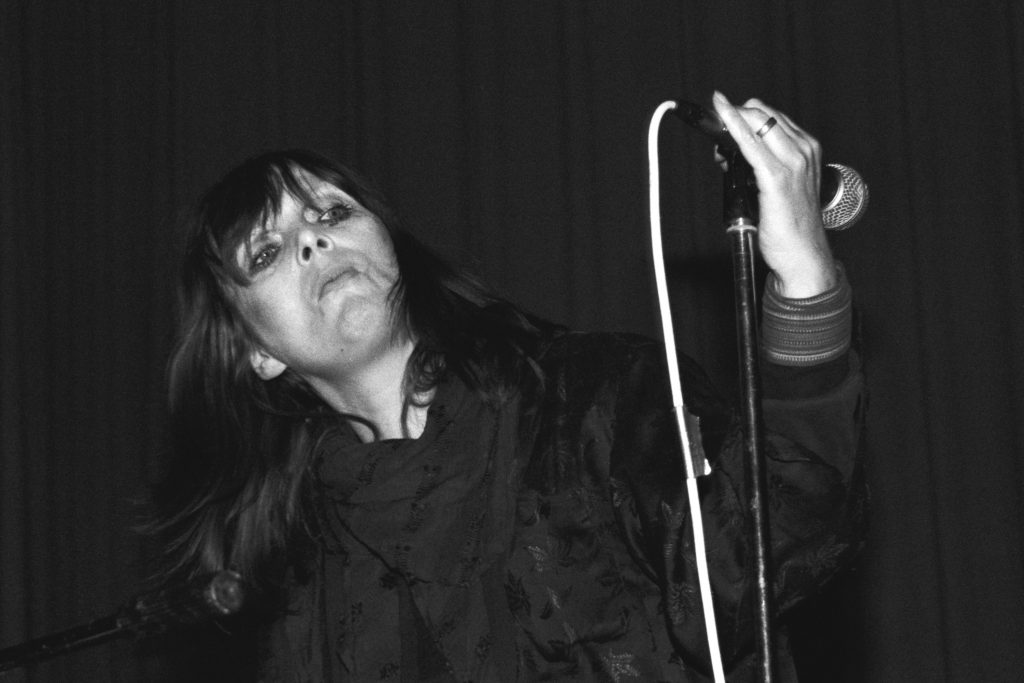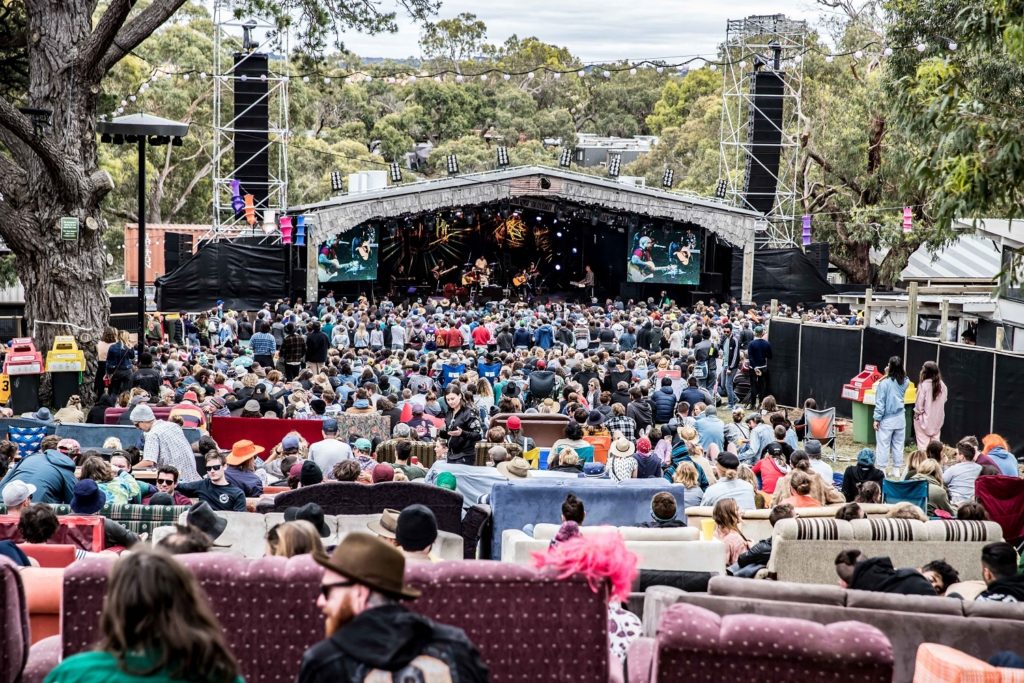Blacc hardly strikes you as an artist of the sort of pedigree you usually associate a one hit wonder with. Yet while I Need A Dollar has garnered international recognition, the album from which the single was taken, Good Things, has been largely discounted, such is the current global music climate. In truth, I Need A Dollar is the most accessible single to a mainstream audience; its soulful chorus hook and simple lyrical arc will be, for many, where their journey with Blacc will conclude. But for those who look further, Good Things is a truly powerful body of work – a soul-revival in every sense of it’s meaning, both stylistically and within its personal political and philosophical ideology, which Blacc revealed in intricate depth as we spoke.
“I think the social messages come from more of a personal place,” he replies when questioned whether his still believes in musical idealism – the idea that pop music can sway public opinion. “I’m really interested in dynamics of power, and at the same time I’m really interested in physics. The concepts that are in physics I can kind of attribute to social phenomenon. I am always thinking about these things, and have been since I was young – too young to know what I was doing when I was actually exercising my hypothesis. Since, I’ve always been looking at the world through this framework – who has power and how is it being distributed; how do people get power and how do they exercise it? This is why in my music I’m always talking about interpersonal development, also corporations, politicians and government. All of these things and how they work together.”
It seems natural that a European audience would be more receptive towards this sort of activism. Blacc agrees that the US idea of nationalism is very different to European ideals, where patriotism advocates ubiquitous pride the US state, regardless of the performance of individual politicians. Blacc says he admires the willingness of citizens who demonstrate against societal ills until the political sphere is affected, and has been heartened by the recent ‘Occupy’ demonstrations, which seem to demonstrate a change in the collective mindset of his homeland.
“I have a feeling that patriotism is a romantic concept; we’re in love with the idea of being in love with our country, but our culture is so watered down by capitalism that we don’t share the same sense of national pride as say, the French. Just a couple of months ago in France, high school students went on strike because the gas price had got so high that truckers had stopped driving, so food and other things weren’t being distributed properly and the market wasn’t working. You see high school students taking things into their own hands. I think in the US, we can take a lesson from the nobility of the European populace. It’s something that hasn’t really happened in mass form in the US in any effective way, but I think there is also a lot of power that people don’t realise they have.”
This all feeds back into his impressions of the success of I Need A Dollar. “I think music can still be a really effective vehicle for transferring political viewpoints. Even in the current climate you just have to break through, and there’s no way that I could have imagined that a song like I Need A Dollar could hit pop radio amongst all those synthesised artists. But it did, and if I could figure out how to do it again with another song that has an underlying message, which is relevant to humanity, I would. I think that what I’m able to do on stage with my music definitely stands against the norm, but I don’t feel like there’s going to be a whole lot of backlash perse, against me and what I do.
“For the most part, I just feel that capitalism has really done a number on the art world, and maybe I can convince other artists to stand for something more than just fiddling around with words and sounds to make a buck.”
Having first emerged as a recording artist at the age of 16 way back in 1995, Blacc has been around long enough for the degradation of the record industry to leave a sour taste in his mouth. Relative critical acclaim has followed him since the inception of Emanon, his long time collaboration with US producer Exile which has birthed five full length releases so far. Blacc is quick to credit Exile for sharpening many of the production elements he utilised on his debut solo album Shine Through, which he drove both lyrically and musically from behind the sound desk to wide spread praise. At the time when the pair was starting out, Blacc recalls himself as a raw MC, with the flow of his lyrics often tempered by Exile’s better judgement. His true emergence as a soul singer only began following the release of The Waiting Room in 2005, his last record with Emanon to date, though a new album is currently in the works. You could hardly label Blacc’s career a commercial venture; he has always stood as an artistic purist who firmly believes in the sentiments of his music as much as its execution.
So what does this mean with regards to touring, performing at the Falls Festival and then his subsequent dates around our country? Perhaps understanding Blacc’s motives will be a big part of his appeal; music is a convoluted commodity at best and mindless entertainment at worst, which makes his strong artistic manifesto all the more important to his live show. And there are not many strong statements of artistic individualism being made in modern music. Whether you agree with him or not, he serves as a reminder that music once possessed an artistic culture of curiosity and activism.
At age 32, Blacc still has a long career ahead of himself. Looking back upon his self-proclaimed 16 year apprenticeship in music, he has no doubts that the sort of artist he will be in the future will remain a reflection of his personal virtues. “I feel like I’m so well prepared now for the industry and I’ve spent enough time learning how to do everything myself so no one can really tell me who I am. I know who I am, unlike some other artists who come into the game and just get man handled. I really appreciate that. If only one song becomes a hit, you know, when I had the chance I did it and was successful.”
